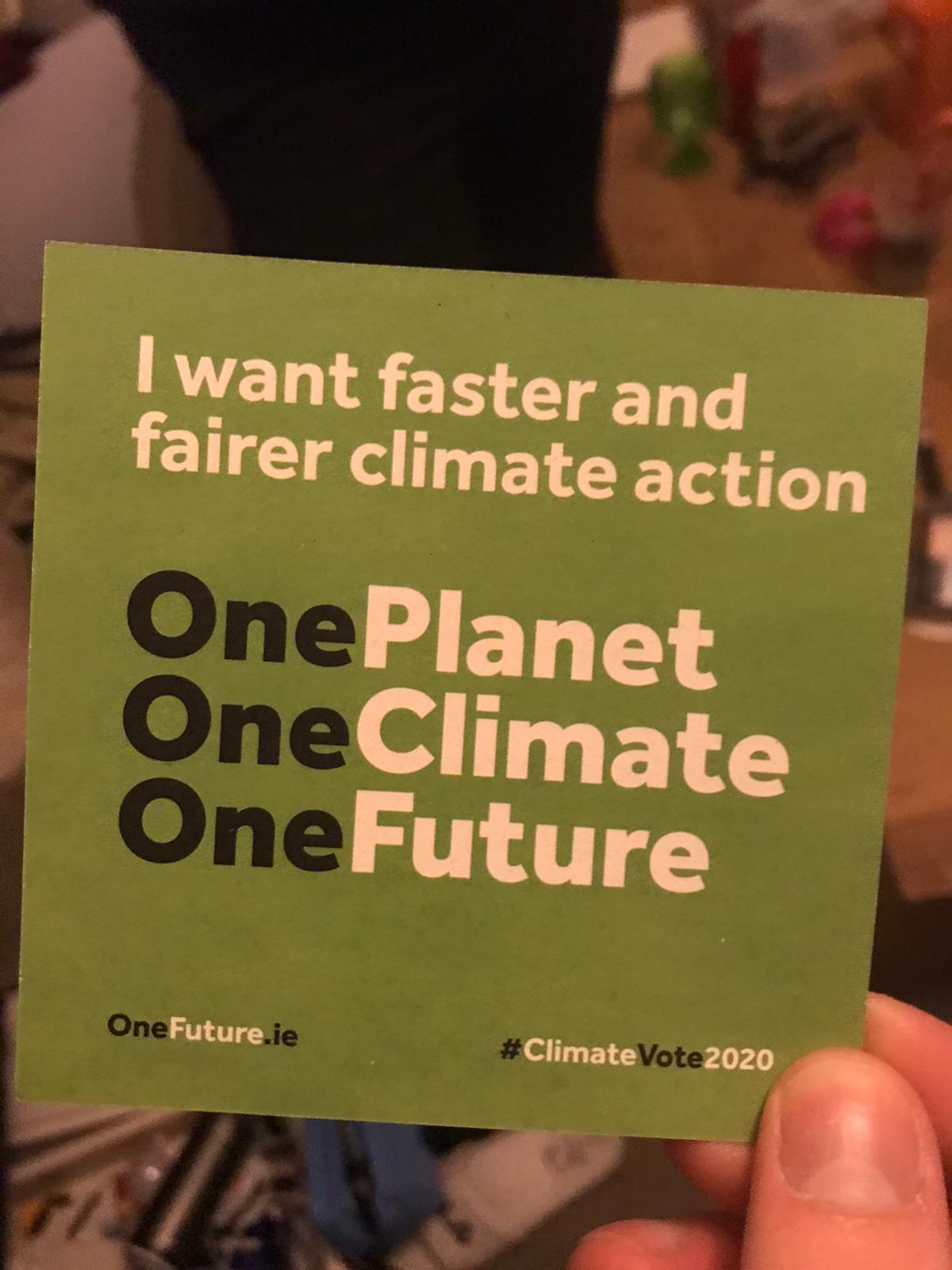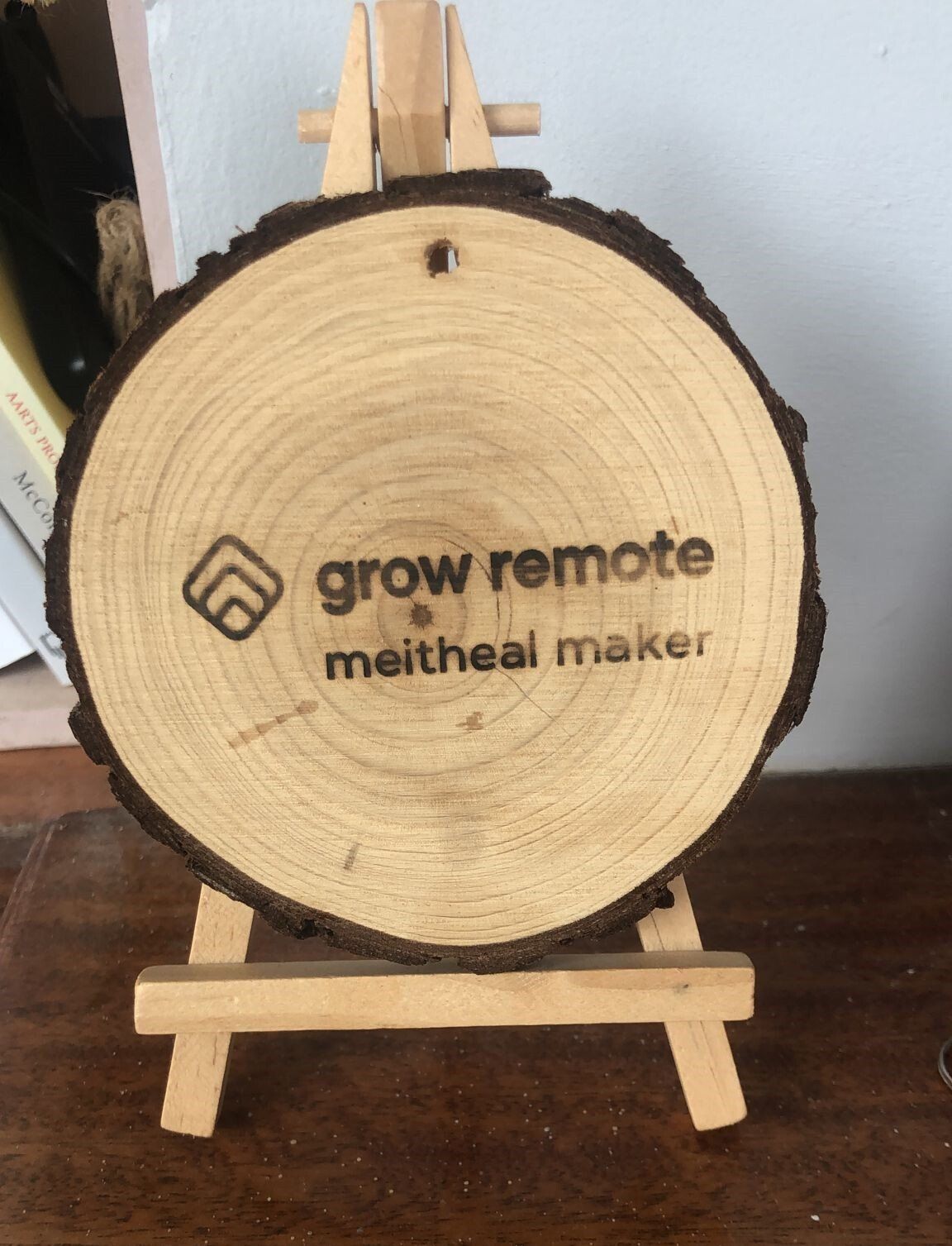Life during COVID-19 for those on the Autistic Spectrum
First in 2 Part blog on life during pandemic
As both a mother of a young adult on the autistic spectrum and a trainer with KITE, Kilkenny Initiative for Training and Education, an outreach support for adults with a diagnosis of Autism Spectrum (ASD), Maria shares her personal experience of the COVID pandemic on the lives of people with ASD in Kilkenny.
“The first thing is to recognise how every person is different. Lucy, our daughter, understood about viruses and bacteria from a young age and grasped the seriousness of COVID early on. Others may not and as every parent knows, we must go with the person in front of us.”
According to Maria, however, there is one thing that most people with ASD have in common and that is an appreciation of routine. As with everything, COVID changed the routine for people practically overnight.
“When we first discussed the pandemic with our groups in work, the overwhelming concern was that they would lose their routine. Loss of routine often leads to a heightening of anxiety.”
People with ASD often relate to objects of reference, that is something that signifies a particular activity. An example might be a particular meditation video that signifies the start of a class on stress management. “I know parents are finding inventive ways to introduce routine at home. The many Kilkenny school videos in circulation, made by creative and caring teachers, are being used as a trigger to start some school work, for example. For many with ASD, it doesn’t matter that it is the same video every day, in fact that is a bonus.”
At home, Lucy has a visual timetable on the wall and she refers to that several times a day. “So do I” laughs Maria, “as I work fulltime and between that and my work as a councillor, I could easily forget her zoom meetings!”
Maria is at pains to point out the great work that many services continue to provide remotely. “The Kingsriver Community, have organised zoom training 3 times every day and Lucy really looks forward to them. The topic can be anything from Liam’s cookery class to a jokes sessions to Noreen’s yoga. Noreen uses the phrase “I am safe, I am home” and Lucy repeats this to herself as an aid.”
The KITE support has also moved on-line although some one to one sessions still occur. Maria explains “ many adults with ASD live independently and they may be reluctant to go out to take a walk on their own at the moment. My colleagues have been facilitating that.”
Movement, Maria explains, is hugely important for a person with Autism Spectrum. “It is important for all of us; when our bodies are moving in space it helps to regulate our sensory system but often of real importance to a person with ASD. I was really interested to read that in Italy, beaches that remain closed to everyone else are now accessible to people with ASD and their family or carers. I feel very lucky that as a family we have a garden but Kilkenny also has the beautiful Castle Park and many trails and woodlands – if these are within your 2km radius make good use of them but of course respect social distance”, Maria urges.
Social distancing can be another difficult concept to grasp. “Two metres can be hard to map out and I always remind Lucy when we see people walking towards us. Sometimes she will exaggerate the distance as she is anxious not to catch COVID.”
As mentioned earlier, many people with ASD experience anxiety, especially when their routine is broken. “The nonstop media coverage on every channel and platform adds to the anxiety for all of us”, says Maria “and Lucy listens more than she speaks, taking it all in. I think online video and training platforms are really important during the restrictions but we must also allow for turning off our devices, taking a rest from social media and concentrating on the small and simple things we can do in our own homes like planting seeds or identifying birds.”
Final word goes to Lucy who says “Doctors and nurses are working hard to keep people safe”. Nothing to disagree with there.




